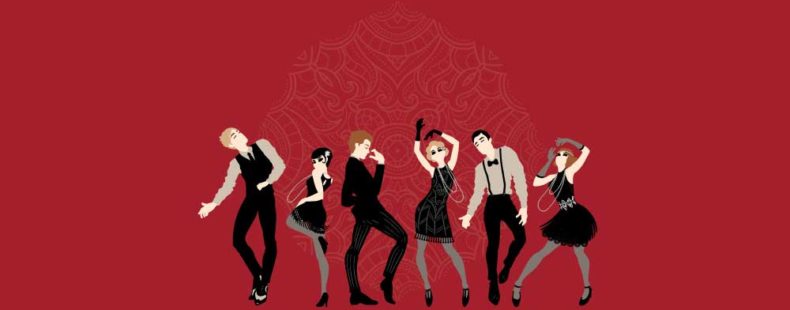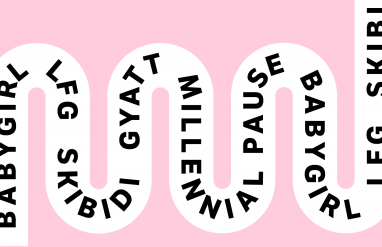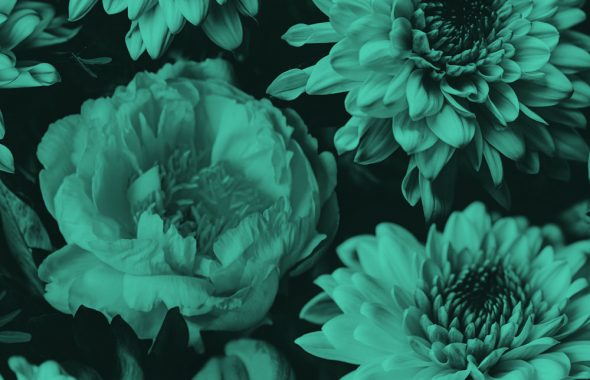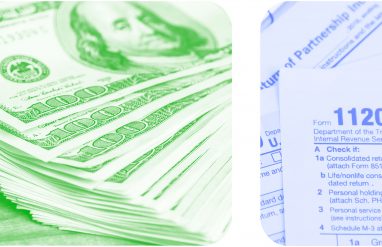Calling all flappers and fly boys! As 2019 comes to a close we’ll find ourselves back in the Roaring Twenties … 2020, that is. This new decade marks 100 years since the iconic Jazz Age. It was also the time of Prohibition, first-wave feminism, and the automobile.
The 1920s were rich in slang … we’re sure you’ve heard some of it from films and books set in the time period. But, some ‘20s slang is a bit more obscure.
So let’s take a linguistic trip through time and look at some words from the 1920s that we could bring back in this new year.


































